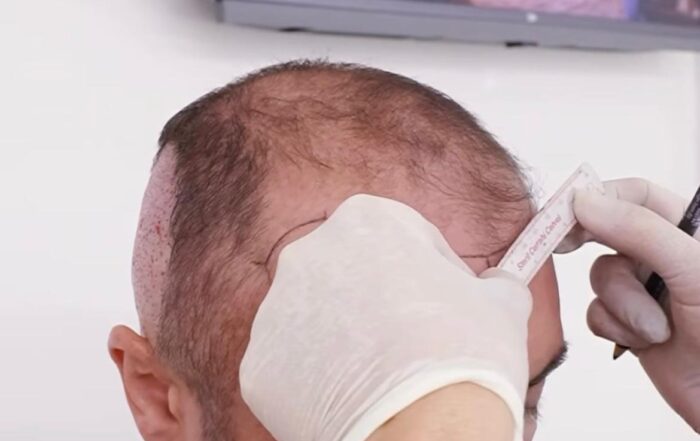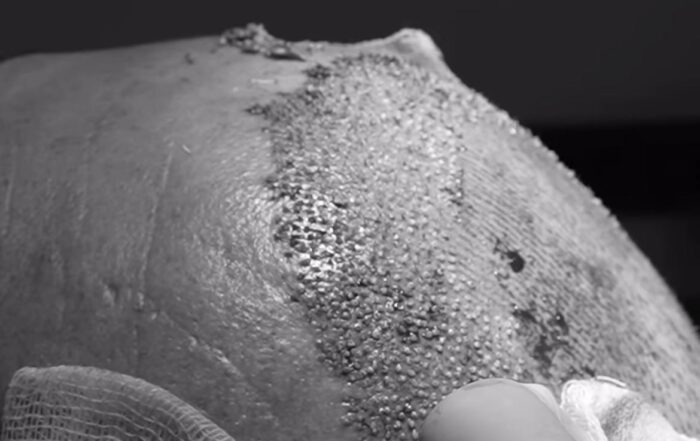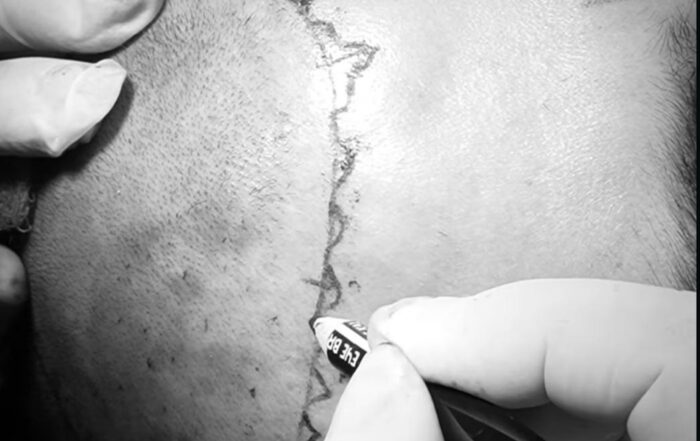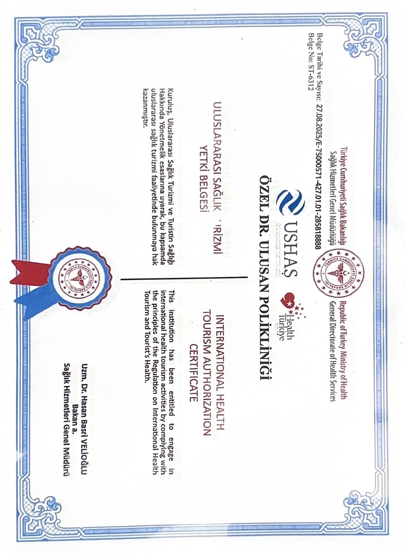
The Evolution of Hair Transplant Technology: A Journey Through Time
Explore the evolution of hair transplant technology from early plug methods to advanced FUE, DHI, and emerging stem cell therapies, with expert care at Dr. Ulusan Medicalhair Clinic in Izmir.
Introduction
Hair transplant technology has experienced a remarkable evolution, advancing from rudimentary procedures to sophisticated, minimally invasive techniques. This evolution is not only a testament to technological advancements but also reflects an enhanced understanding of aesthetic principles in hair restoration. Dr. Ulusan Medicalhair Clinic in Izmir, Turkey, has been a part of this journey, offering the latest in hair transplant technology to patients worldwide.
The Early Days: Origins and Initial Methods
The 1950s and 1960s: The era of hair plugs marked the beginning of hair transplant procedures. These early methods involved transplanting large grafts or plugs of hair, often resulting in an unnatural, “doll-like” appearance. This technique, while groundbreaking, left much to be desired in terms of aesthetics (Source: International Society of Hair Restoration Surgery).
The Era of Refinement: Mini-Grafting and Micro-Grafting
The 1980s and 1990s: The introduction of mini-grafting and micro-grafting techniques marked a significant improvement. These methods involved using smaller grafts to create a more natural-looking hairline. The results were a vast improvement over the older plug method and paved the way for more refined techniques (Source: American Hair Loss Association).
The FUE Revolution: A Game-Changer in Hair Transplantation
The Early 2000s: The emergence of Follicular Unit Extraction (FUE) revolutionized hair transplantation. Unlike previous techniques, FUE involves extracting individual hair follicles, significantly reducing scarring and recovery time. This less invasive approach allowed for more precise placement of hair, leading to more natural-looking results and increased patient comfort (Source: Journal of Cutaneous and Aesthetic Surgery).
Modern Advances: Precision and Efficiency
The 2010s to Present: Recent innovations, such as Sapphire FUE and DHI (Direct Hair Implantation), offer even greater precision and efficiency. These techniques reduce trauma to the scalp and improve recovery time, leading to denser, more natural-looking hair. Additionally, the integration of robotics and AI in hair transplantation, though still in its infancy, promises to automate certain aspects of the procedure, potentially increasing accuracy and consistency (Source: Journal of Dermatological Surgery).
The Future of Hair Transplant: Stem Cells and Beyond
Looking ahead, the future of hair transplantation is bright with potential breakthroughs. Research into stem cell therapy and gene editing is underway, offering hope for more effective solutions to hair loss. These advancements could revolutionize hair restoration, providing more effective, long-lasting results with even less invasiveness (Source: National Center for Biotechnology Information).
Conclusion
The evolution of hair transplant technology reflects the medical community’s dedication to improving patient outcomes. At Dr. Ulusan Medicalhair Clinic, we stay abreast of these advancements to offer our patients the most effective, comfortable, and aesthetically pleasing hair restoration solutions.
Visit our website or contact us for more information on hair transplant procedures, or to schedule a consultation with our expert team at our Izmir clinic.




